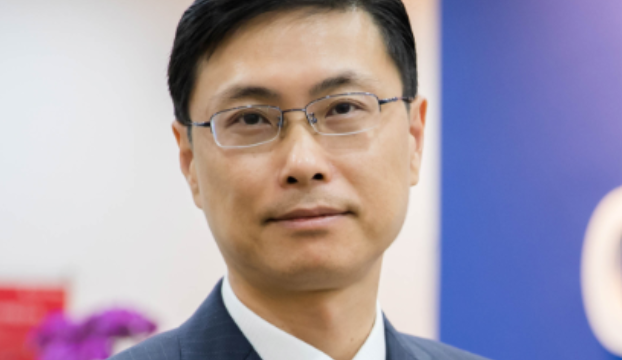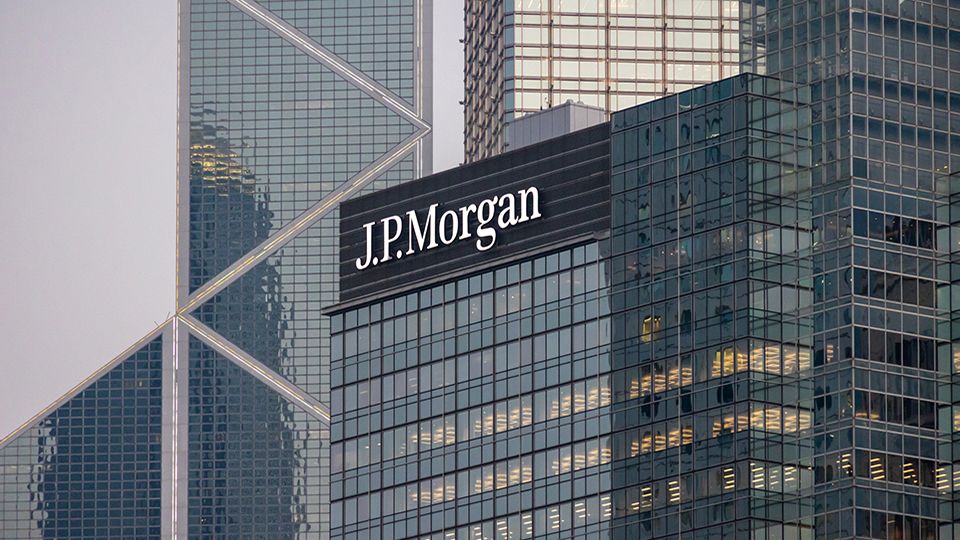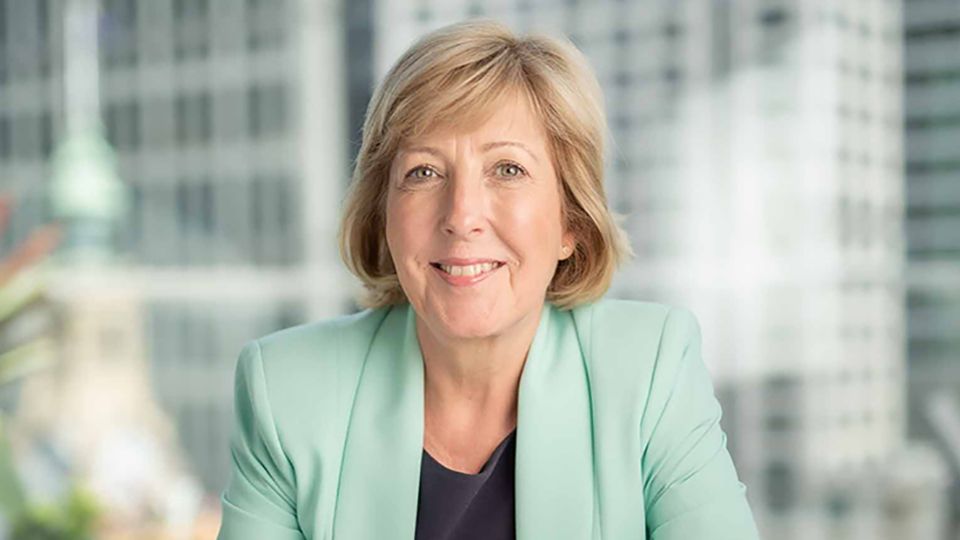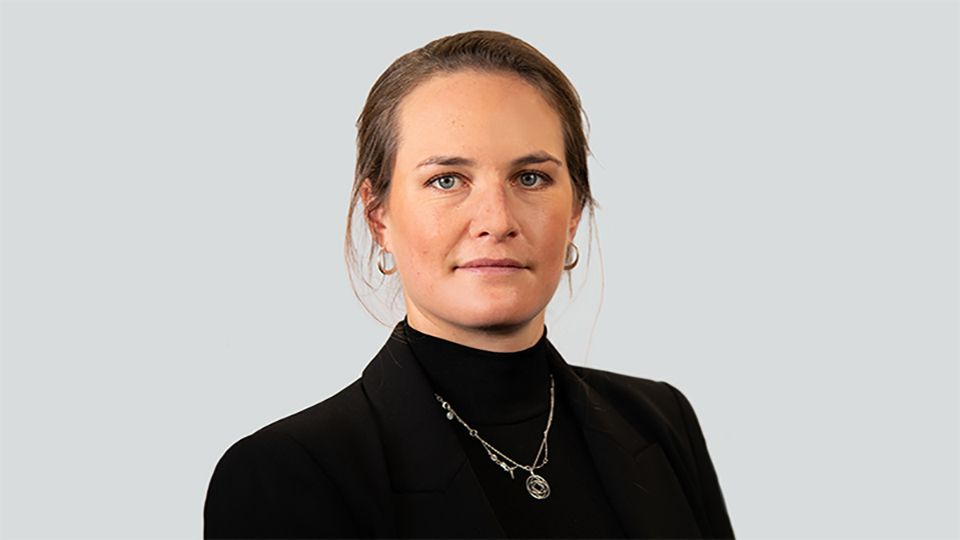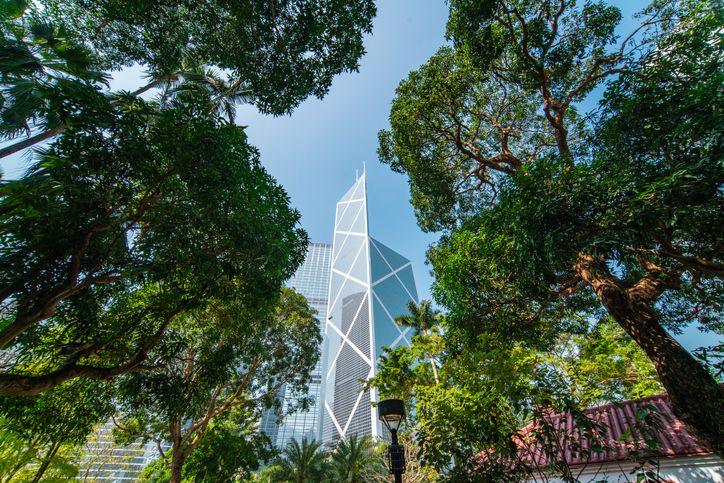Max Xu, Citi China
Citi’s wealth management business in China is planning to distribute offshore ESG strategies to domestic investors via the qualified domestic institutional investor (QDII) scheme, according to Max Xu, head of retail bank and wealth management at Citi China.
The QDII programme allows domestic institutions and fund managers to invest in offshore investments, within allowable quotas.
Citi’s QDII products will be focusing on the environmental factor and are expected to be distributed by the first quarter.
“In China, our Citigold Private clients, which have AUM exceeding RMB 8m ($1.24m), as well as our younger customers, have a huge preference for environmental protection and new energy sectors,” Xu said in a recent webinar.
The announcement comes after Citibank received an additional $100m in QDII quotas last month. Currently, it is the largest bank QDII quota holder with quotas totalling $3.5bn, according to data from China’s State Administration of Foreign Exchange (SAFE).
The bank has already chosen which ESG products will be offered to clients, but Xu did not name the funds or disclose the number of ESG products it has selected.
He also noted that the bank will be maintaining the number of QDII funds on its platform, which means that some of its current QDII funds will be replaced by the newer ESG funds.
Citi in China distributes 260 QDII funds managed by 13 asset managers, according to the firm’s website. Blackrock has the most number of funds on Citi’s QDII platform with 69 products, followed by Schroders (43), Franklin Templeton Investments (34), Legg Mason (28) and Pimco (16).
Other funds on the platform include those managed by JP Morgan Asset Management, Barings, Invesco, Alliance Bernstein, Pictet Asset Management, Janus Henderson, Allianz and Fidelity.
ESG POPULARITY IN CHINA
Sustainable investing has become popular in China, with locally-domiciled ESG mutual fund assets growing 150% to $18bn in 2020, according to a recent Morningstar report.
Like Citi in China, domestic banks and banks’ wealth management subsidiaries have been keen to offer ESG products by developing their own ESG-focused wealth management products (WMPs), according to a Cerulli Associates report. As of the end of November, China had 42 ESG WMPs, with Huaxia Bank being the leading player in terms of number of products launched at 27, followed by Agricultural Bank of China Wealth Management with 10 WMPs.
Foreign asset managers have also shown interest in offering ESG strategies in China, the report added. For example, BNP Paribas Overseas Investment Fund Management launched an overseas water resource private investment fund via the Qualified Domestic Limited Partnership (QDLP) scheme in January 2019.
Robeco is also reportedly planning to launch two private funds which offer an ESG-integrated approach, including a fundamental A-shares strategy, via its private fund business, which is expected to be set up by early 2021, according to the report.
However, Cerulli noted that demand for sustainable investments is largely driven by institutions and HNWIs.
Selling ESG funds to retail investors continues to be difficult. This is supported by Cerulli’s survey findings showing that 55.6% of retail banks are seeing low demand for sustainable products. This compares with 22.2% of private banks and 33.3% of family offices in the mainland indicating that demand is low for such products.

